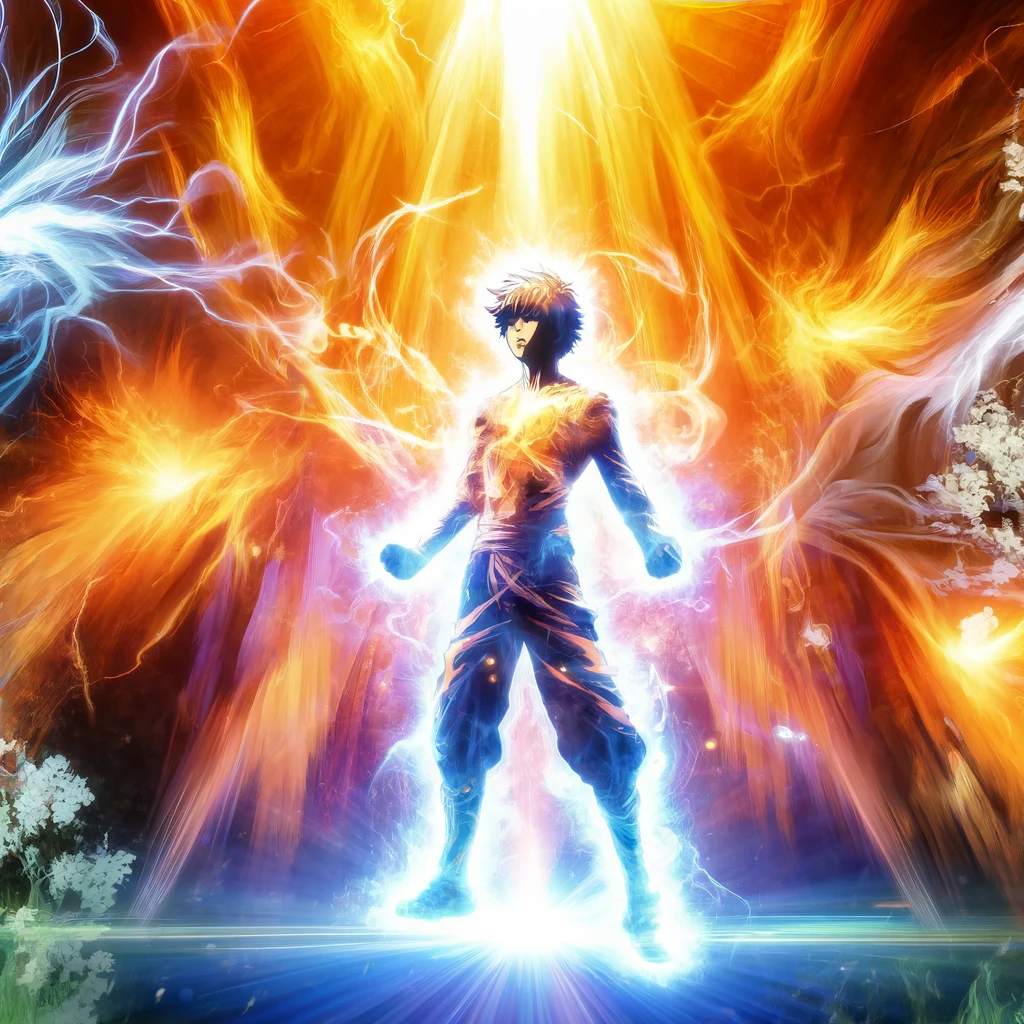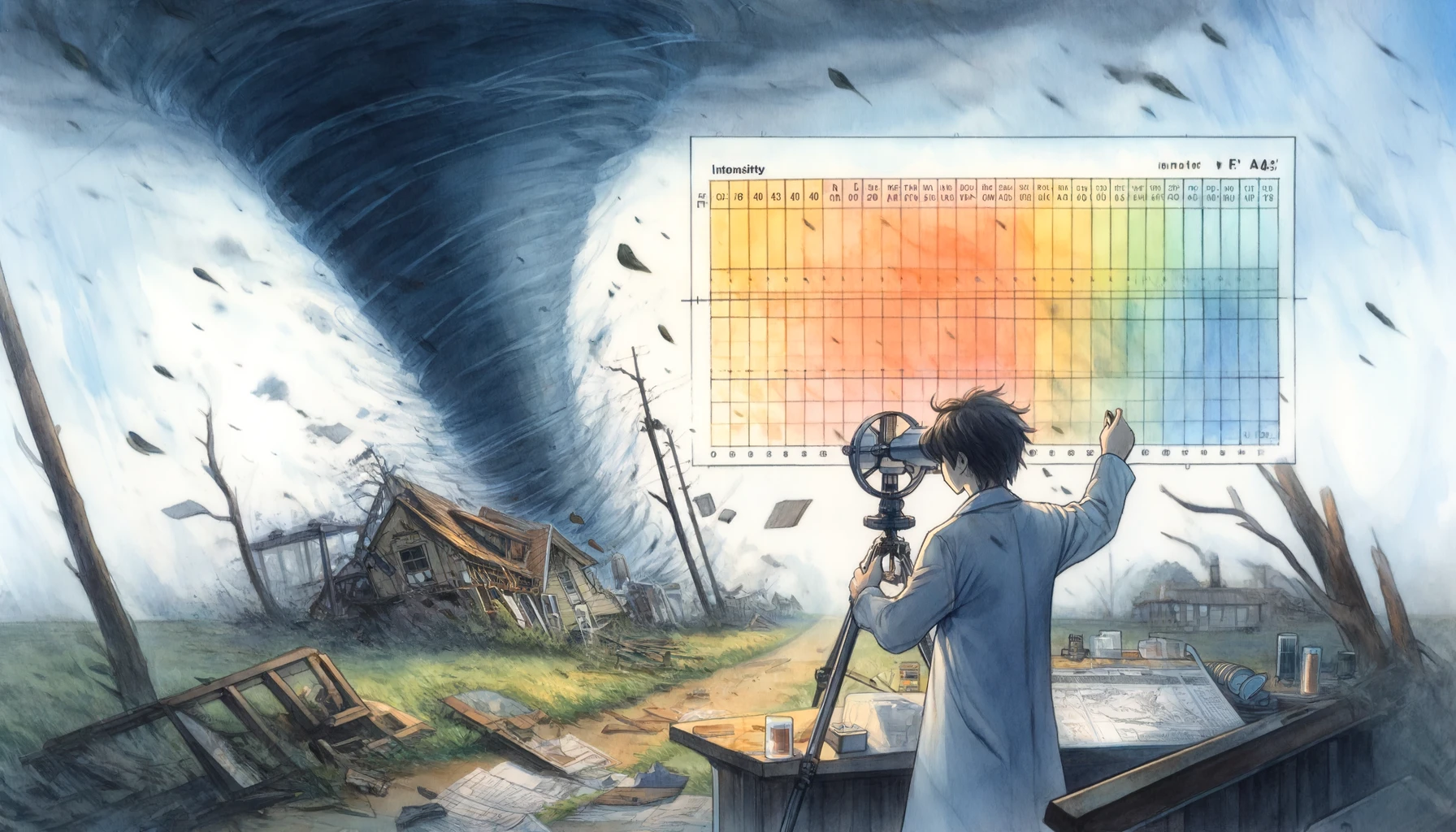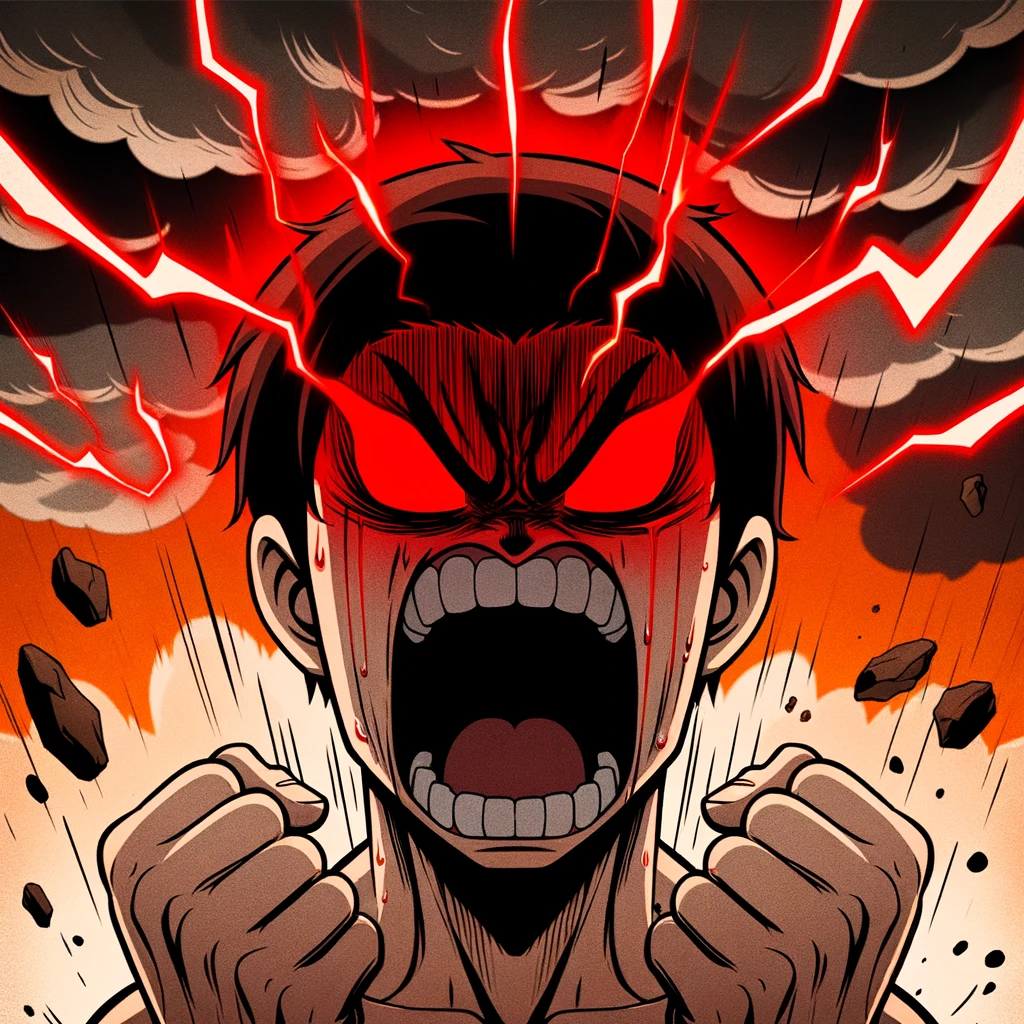# incandescent /ˌɪnkænˈdɛsənt/ adj.
When heated, coals become incandescent, which means that they glow red-hot. You could also describe a brilliant and moving novel as incandescent.
Incandescent, like the word candle, has its origins in the Latin word candere meaning "to glow or shine."
Combined with the suffix "in-" meaning "within," its meaning can be easily pulled from the combination of its root words: "to glow or shine from within."
Fire crackers are incandescent because they give off brilliant lights when heated, but look up at a blazing fireworks display, and you'll find it's quite moving, or incandescent with intensity and brilliance.
The prince was said to be incandescent with rage.
She gave an incandescent performance that left the audience in awe.
His incandescent anger was evident as he spoke passionately about the injustice.


- Word Origin
- "Incandescent" comes from the Latin word "incandescere," meaning "to glow with heat." This origin can help you remember that incandescent refers to something that glows brightly when heated.
- Mnemonic Device
- Think of "incandescent" as "in-can-descent," imagining a can (or light bulb) glowing brightly from within.
# intensity /ɪnˈtensəti/ n. ●○○
The way he stared deep into her eyes was making her uncomfortable. For a first date, this was too much intensity.
Intensity is the degree, volume, or magnitude of a thing, such as fire, emotion, weather, work, or passion.
Intensity is a word sometimes associated with passion, fire, and violence.
It's used when discussing the level of such things as a love affair or, perhaps, a flame.
For example, the intensity of the relationship between Bergman and Bogart in Casablanca was very high.
Likewise, meteorologists measure the intensity of tornados on the Fujita Scale.
Some things are meant to show intensity, such as performance by a great musician. Other things, such as, say, a blanket...not so much.
Associate "intensity" with a powerful storm or a high-energy workout. When you think of intensity, think of something that is very strong or extreme in nature.


- Word Origin
- "Intensity" comes from the Latin word "intensio," meaning "stretching" or "strain." This origin can help you remember that intensity involves a high degree of strength or force.
- Mnemonic Device
- Think of "intensity" as "in-tense-city." Imagine a city where everything is turned up to the maximum level of energy and activity.
- Examples
- The intensity of the storm was overwhelming.
- She spoke with great intensity about her passion for the project.
- The workout was known for its intensity and difficulty.
# rage /reɪdʒ/ n. v. ●●○
Rage is a really intense anger.
Some frustrated drivers let their emotions boil over into road rage when another car cuts them off, for example.
If you're full of rage, you're full of anger — powerful, extreme, sometimes even violent anger.
Rage can also be a verb: you might rage against something you hate or as the poet Dylan Thomas pleaded, "Rage, rage against the dying of the light."
Things that rage are out of control, like a raging, roaring fire or a wild storm.
Another meaning involves the latest, greatest trend — you'd say it's "all the rage." DiCaprio became all the rage after starring in the film ‘Titanic’.
Associate "rage" with a volcano erupting. Just like a volcano releases built-up pressure violently, rage is an uncontrollable outburst of anger.


- Word Origin
- "Rage" comes from the Old French word "rage," meaning madness or fury. This origin can help you remember that rage involves intense anger.
- Mnemonic Device
- Think of "rage" as "red anger." Imagine someone so angry their face turns red.
- Examples
- Noun: His rage was evident when he started shouting at everyone.
- Noun: She felt a surge of rage when she saw the damage to her car.
- Verb: He raged against the unfair treatment he received.
- Verb: The storm raged on through the night.
# awe /ɔː/ n. ●○○
Awe is a feeling of fear that is mixed with respect and wonder.
You might gaze at the Grand Canyon with awe, marveling at its beauty and fearing its depth.
Awe dates back to Middle English, and was borrowed from Old Norse, a Scandinavian language.
In Middle English the word referred to intense fear.
Associate "awe" with standing at the edge of the Grand Canyon or looking up at a massive, ancient cathedral. Both scenarios evoke a deep sense of respect and wonder.
The related English word awful originally meant "full of or causing intense fear."
And awesome, which originally meant "inspiring awe" now is used generally as a synonym for excellent.
- Word Origin
- "Awe" comes from the Old English word "ege," meaning "terror" or "dread." This origin can help you remember that awe involves a mix of respect and fear.
- Mnemonic Device
- Think of "awe" as "awesome" but with a more profound and reverential feeling. Imagine standing before something "awe-inspiring" that leaves you speechless.